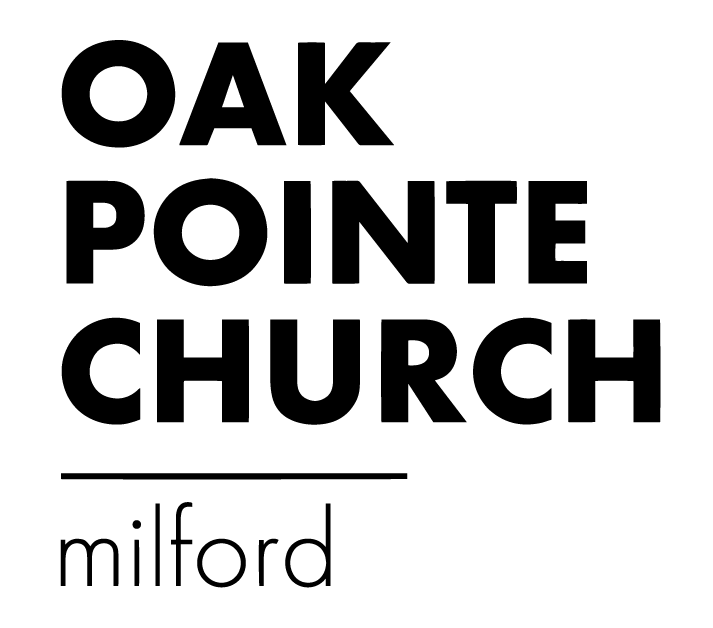
Use this devo as you are able, in whole or in part. Don’t feel compelled to read it all. Simply read and meditate upon whatever catches your attention. The goal is enjoying time with God through His Word and in prayer. Questions about the devotional elements?
Call to Prayer
Keep on loving one another as brothers and sisters. Do not forget to show hospitality to strangers, for by so doing some people have shown hospitality to angels without knowing it.(Hebrews 13:1-2)
Prayer of Confession
Confession is formative. It trains us to recognize the ways our hearts have become de-formed and how Christ is at work bringing redemption in our lives. Pray with this in mind.
Most merciful God, we confess that we have sinned against you in thought, word, and deed, by what we have done, and by what we have left undone. We have not loved you with our whole heart; we have not loved our neighbors as ourselves. We are truly sorry and we humbly repent.
For the sake of your Son Jesus Christ, have mercy on us and forgive us; that we may delight in your will, and walk in your ways, to the glory of your Name. Amen.
Take a moment to confess your sins, knowing that he hears you.
Reading Plan
This reading plan will help you to develop the habit of being in God’s Word each morning and evening. Come to this time with expectation. Expect God to reveal himself to you. Expect that he delights in you being there, even when you’ve wandered away. Growing a spiritual habit is a slow, patient process. So be kind to yourself as you grow!
Readings are hyperlinked. Simply hover over the passage or click Morning/Evening Reading (email version).
Morning Readings:
Pray Psalm 148 | Read Revelation 14
- Praying the Psalms: Read slowly. Take note of words and phrases. Bring them before the Lord in prayer and personalize the passage as you pray.
- NT Context: Revelation contains 404 verses into which St. John, the pastor, makes reference to earlier scripture 518 times. The message is clear: This last word on scripture will not being saying anything new. Instead, the Revelation reveals Jesus Christ as the Lamb of God by bidding us to look to the past to the Old Testament promises and to the resurrection; to live in the present as the people of God; and to look toward the future when the triumph of King Jesus will be fully revealed. Meditate on the passage, noting a few words or a phrase that stood out. Take them to God in prayer.
Evening Readings:
Pray Psalm 149 | Read Zechariah 9
- OT Context: Written around the same time as Haggai, Israel had returned from exile in Babylon, but they were discouraged by the slow progress in rebuilding their national identity. Zechariah reminded the people that returning to their homeland would do no good if their hearts did not return to God. Reflect on the passage. Who was the original audience, and what was their situation? How is that relevant to you today?
“Neighbor Day” Readings
This section of the Devo focuses on the passage(s) from Sunday’s sermon. Use it to reflect upon the ways Christ has been working in your life this week. Makes a great midday reflection, or group discussion guide.
This week’s devo will focus on loving our neighbors. Today’s devo is shared from The Reservoir: A Spiritual Formation Devotional.
Read: “Three times I pleaded with the Lord about this, that it should leave me. But he said to me, “My grace is sufficient for you, for my power is made perfect in weakness.” Therefore I will boast all the more gladly of my weaknesses, so that the power of Christ may rest upon me. For the sake of Christ, then, I am content with weaknesses, insults, hardships, persecutions, and calamities. For when I am weak, then I am strong.“ (2 Corinthians 12:8–10)
TRUE SERVICE FLOWS OUT OF DIVINE PROMPTINGS
I find that [the Lord] never guides me into an intolerable scramble of panting feverishness. — Thomas Kelly
This week we are looking at the call to live lives of compassion and to serve as agents of reconciliation (2 Cor. 5:11-21). We are invited into a countercultural, world-changing partnership with God. Following Jesus’ example, we offer bold and radical leadership by serving others. Yet even something as beautiful and full of promise as our service to others can be easily distorted.
In Celebration of Discipline, Richard Foster challenges us to guard against letting our acts of compassion become rooted in self-righteousness instead of divine initiative. This week we will explore five distinctions Foster makes between self-righteous service and true service. The first distinction, says Foster, is that self-righteous service relies on human effort, whereas true service flows out of a relationship with God. “Listen to the promptings of God,” Foster encourages us, “as you begin and lean on his strength to do the task.”
Questions to Ponder:
1. Do you have a sense of being led and sustained by God when you serve others, or do you tend to rely on your own initiative?
2. What do you think the apostle Paul means when he says that his weaknesses allow the power of Christ to dwell in him?
3. How might the principle of “divine strength in human weakness” relate to when and how we serve others?
Evening Prayer of Examen
- Where did you move with or feel close to Jesus today?
- Where did you resist or feel far from Jesus today?
- Where is Jesus leading you tomorrow? Ask for joy as you follow him.
Benediction
For the sake of Christ, then, I am content with weaknesses, insults, hardships, persecutions, and calamities. For when I am weak, then I am strong. (2 Corinthians 12:10)
